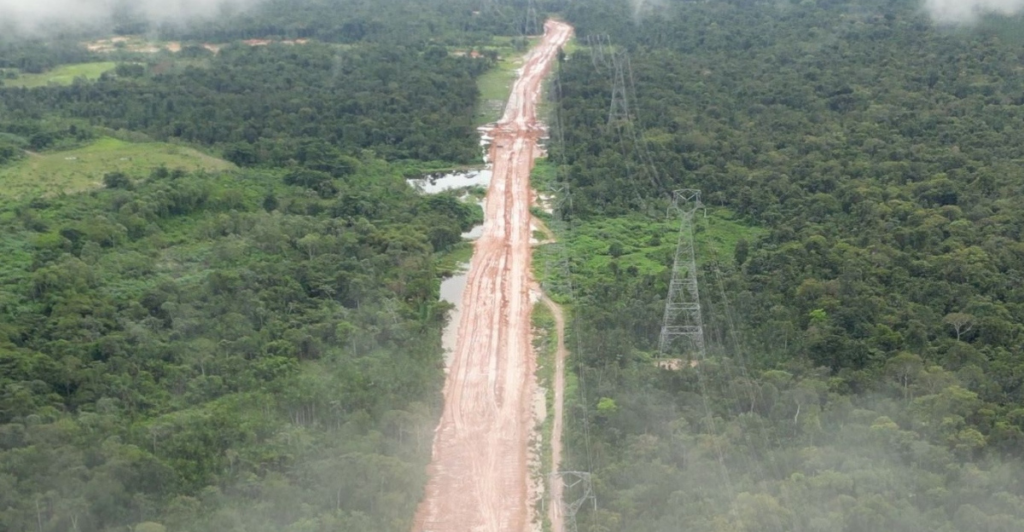
The construction of a new four-lane road tearing through tens of thousands of acres of protected Amazon rainforest has become a global controversy. This project is intended to help traffic flow during the COP30 climate summit in Belém, Brazil, but it is a massive environmental problem. As the Brazilian government touts the construction of the highway’s “sustainable” features, locals and conservationists say this deforestation contradicts the summit’s message of combating climate change.
A Highway Through the Amazon
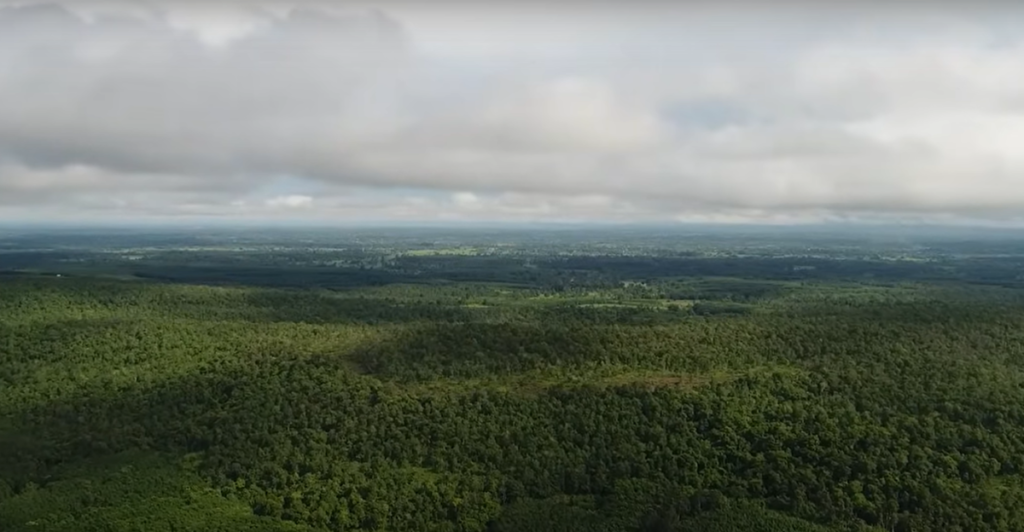
Named Avenida Liberdade, the road stretches over 8 miles (13 kilometers) through dense rainforest, linking Belém to surrounding areas. The road is under construction to accommodate more than 50,000 attendees, including world leaders, expected at the November COP30 summit. Heavy machines have already razed miles of forests, leaving logs stacked high and wetlands paved over.
Environmental Irony
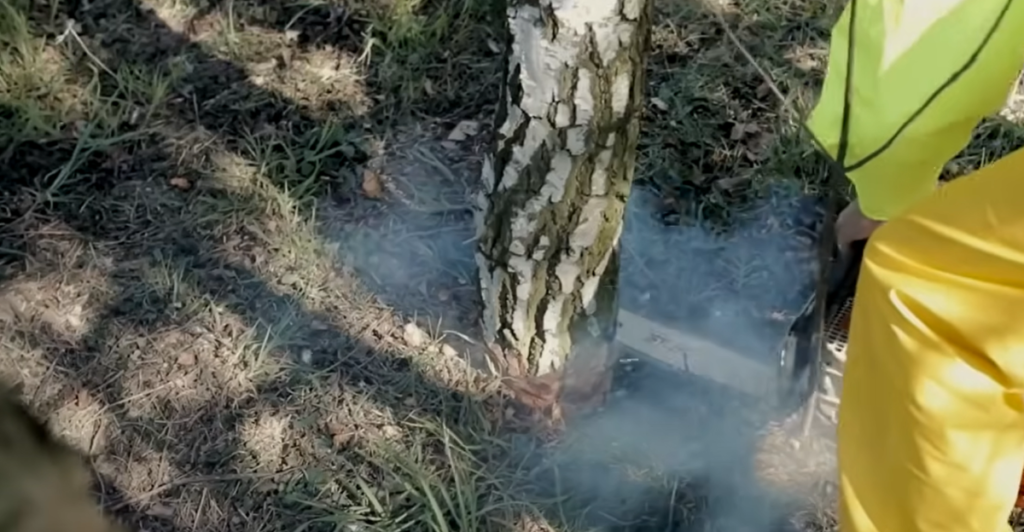
The Amazon rainforest plays a critical role in absorbing carbon and maintaining global biodiversity. Conservationists argue that clearing protected areas for infrastructure undermines the summit’s goals in addressing climate change. This deforestation is widely regarded as a stark contradiction to the event’s objective.
Impact on Local Communities
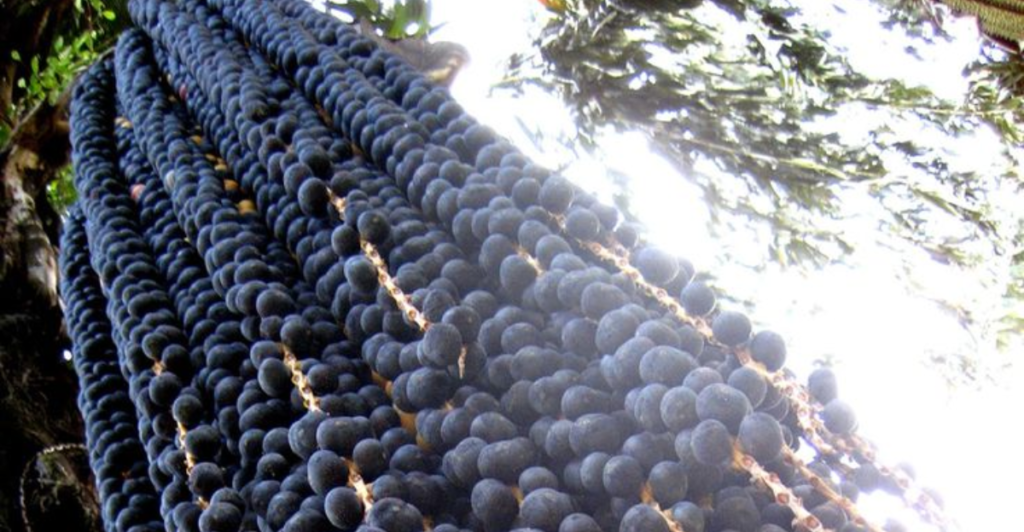
Residents living close to the construction site, like Claudio Verequete, have seen their livelihoods destroyed. Verequete used to depend on picking açaí berries from trees that have since been cut down for the highway. He has not been compensated and fears additional deforestation as enterprises exploit and capitalize on increased accessibility.
Fragmentation of Ecosystems
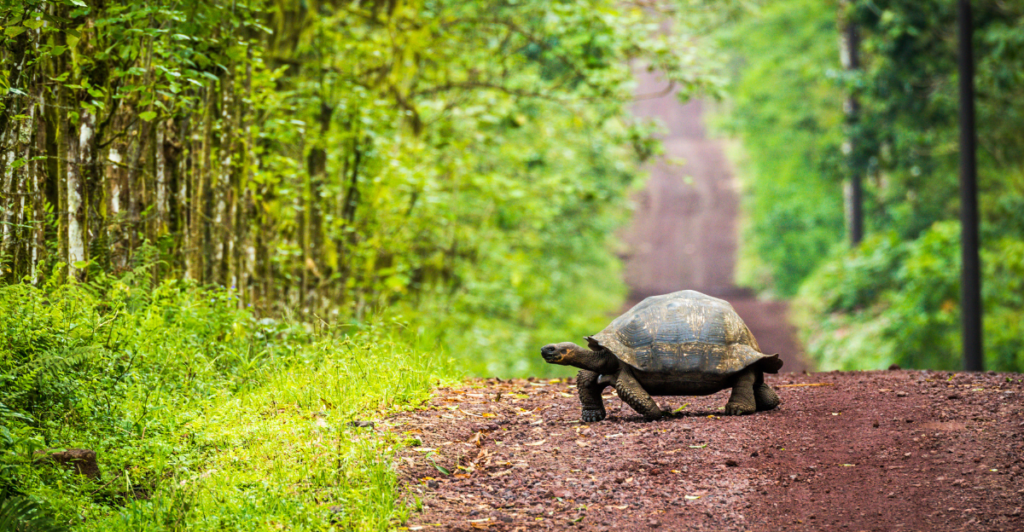
Scientists worry that the highway will fragment protected forest areas, disrupting wildlife movement and breeding patterns. Land animals will struggle to cross from one side to another, further reducing their habitats. Wildlife veterinarian Silvia Sardinha warns that injuries caused by vehicles will increase as more animals venture onto the road.
Government’s Defense
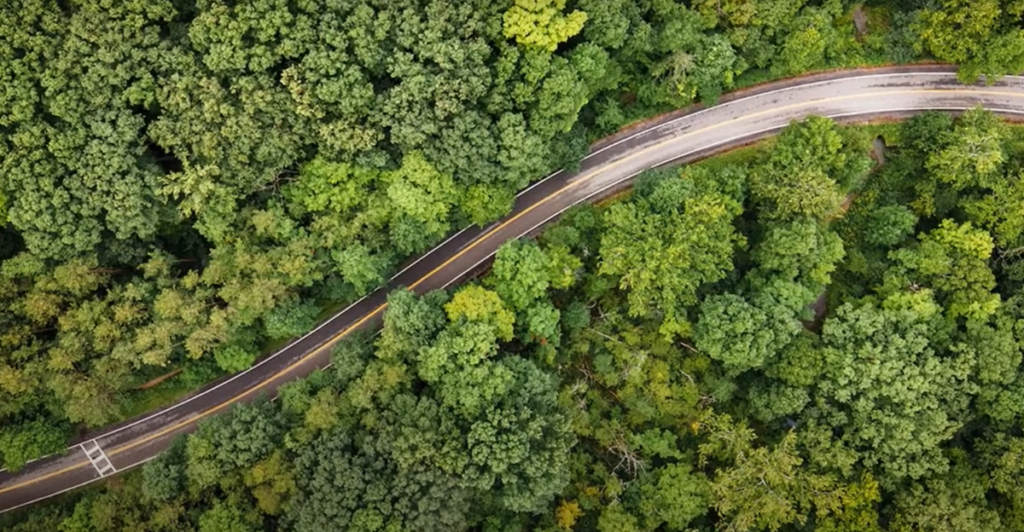
The state government of Pará has defended the project as a “sustainable highway,” citing features like wildlife crossings, bike lanes, and solar lighting. Infrastructure Secretary Adler Silveira argued that the new road is an essential mobility intervention that will leave a lasting legacy for Pará’s population.
Preparations for COP30

Beyond the highway itself, Brazil is investing heavily in infrastructure projects, preparing Belém for COP30. This includes expanding the airport airport capacity from 7 to 14 million passengers, constructing new hotels and redeveloping ports to accomodate cruise ships. There is also a new city park with green spaces and public facilities under development.
Economic Opportunities

Some business owners in Belém welcome these developments. Some vendors at the city’s Ver-o-peso market say they hope increased tourism will boost their sales and revitalize other neglected parts of the city. They hope COP30 can lead to lasting improvements in local infrastructure.
Voices of Concern
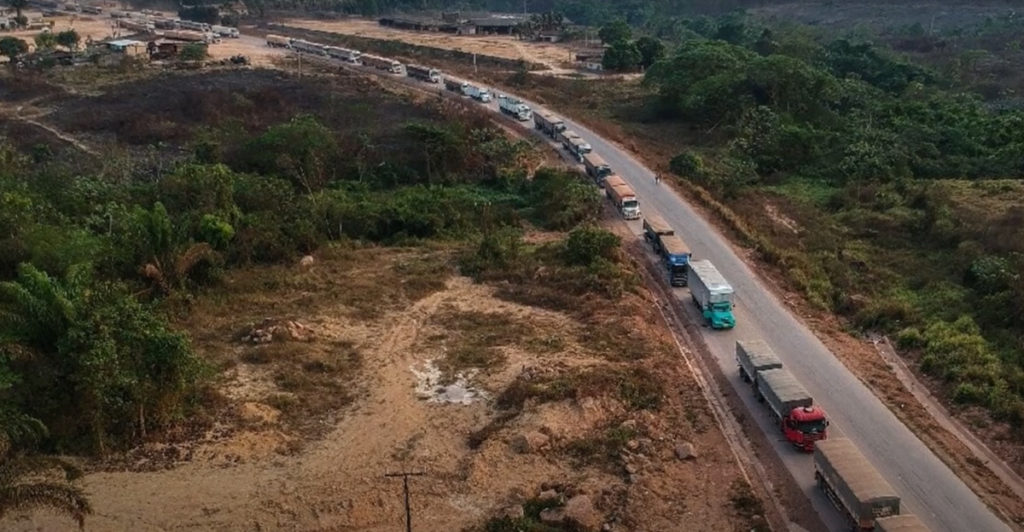
Despite the promise of sustainability, locals argue they will not benefit from the highway because of barriers that will prevent access to and from neighboring communities. According to Verequete, although trucks may use the road efficiently, residents still lack direct access to much-needed facilities in Belém.
Wildlife Rehabilitation Challenges
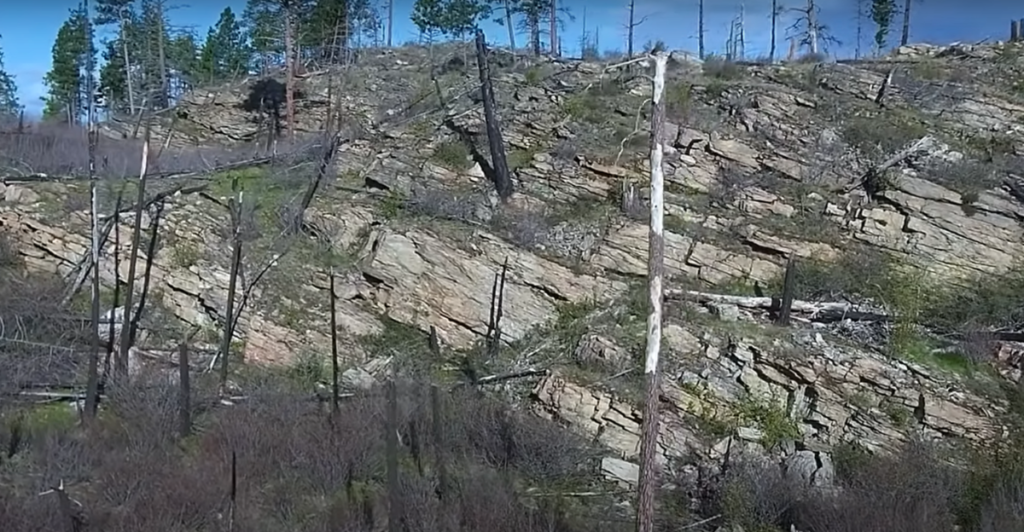
Professor Silvia Sardinha explains how deforestation restricts areas that can be used for the reintroduction of rehabilitated wildlife into their natural environment. Sloths and other species frequently treated for human-caused injuries may face greater risks due to habitat fragmentation caused by the highway.
Historical Context
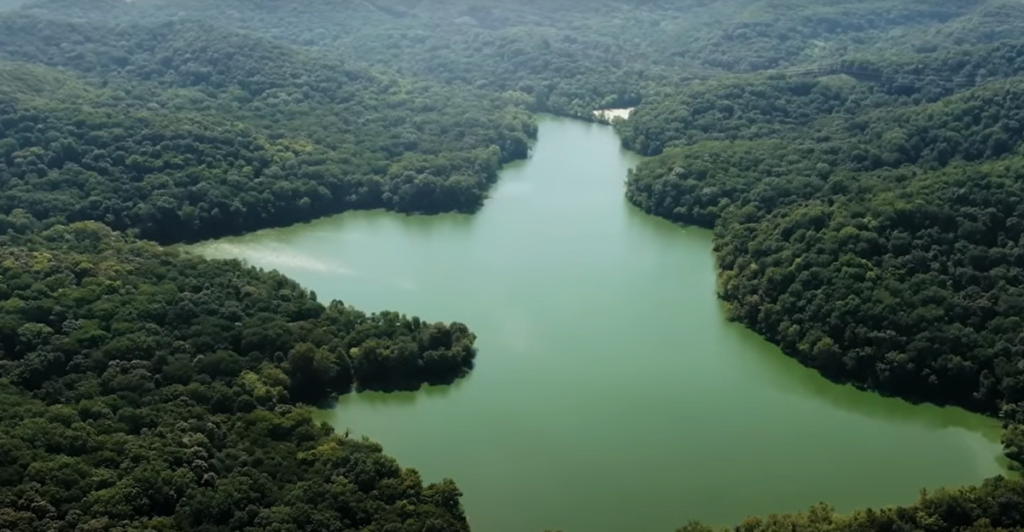
Avenida Liberdade was originally proposed in 2012 but was repeatedly put on hold due to environmental concerns. The need to host COP30 has resurrected this and other infrastructure projects despite ongoing criticism from conservationists.
Public Outrage

Social media users have reportedly said that expropriating the rainforest to destroy it for a climate summit is the height of hypocrisy and irony. Critics suggest alternatives like virtual meetings to mitigate environmental damage while still addressing global climate concerns.
A Divided Legacy
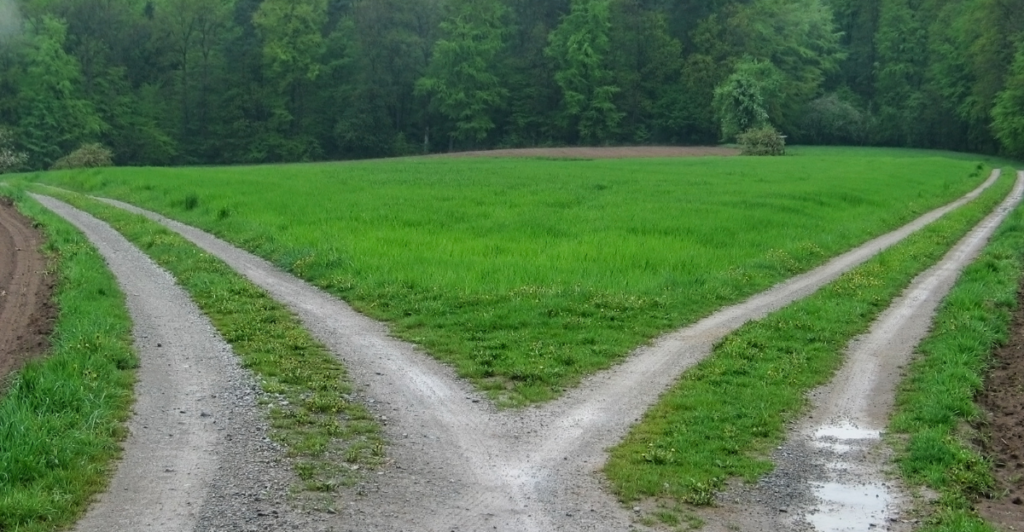
Brazilian President Luiz Inácio Lula da Silva has made clear that COP30 will showcase both what the Amazon needs and what the federal government is doing to protect it. Yet a large number of local residents feel excluded from these high-level discussions and fear their communities and the environment will be damaged beyond repair.
Is Belém the Right Choice?
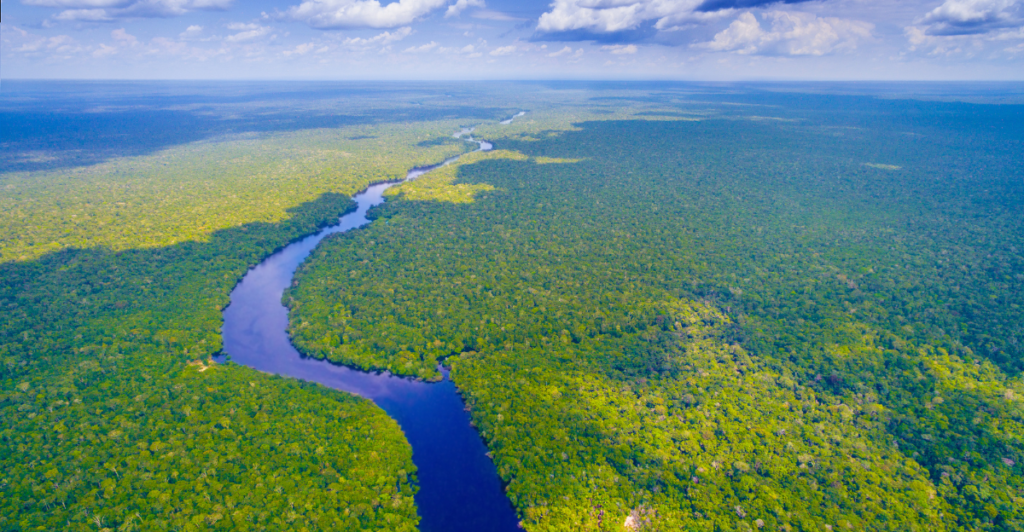
As preparations for COP30 continue, scrutiny is growing over whether hosting such a large-scale event in Belém is a fitting choice for its mission of tackling climate change. The loss of forests to Avenida Liberdade is a stark example of the tensions between development and environmental protection.







